September’s FASD Awareness Month brings a crucial focus on Fetal Alcohol Spectrum Disorders (FASD), a condition affecting individuals exposed to alcohol prenatally, across their lifespan. At Plymouth ENT, we understand that the auditory and sleep-related challenges associated with FASD, such as hearing issues and snoring, persist from childhood into adulthood. Our goal is to provide insights and support for individuals and families at every stage.
1. Understanding FASD Fetal Alcohol Spectrum Disorders encompass a range of effects that result from prenatal alcohol exposure, including physical, cognitive, and behavioral challenges. These conditions are not limited to childhood; adults with FASD continue to face related health issues, necessitating ongoing care and support.
2. Hearing Challenges in FASD Individuals with FASD may experience a range of hearing problems—from mild hearing difficulties to profound deafness. These issues stem from disrupted development of the auditory system and can impact speech, communication, and social integration. Regular hearing evaluations and appropriate interventions, such as hearing aids or other assistive devices, are vital for managing these challenges effectively at all ages.
3. Snoring and Sleep Disruptions Snoring in individuals with FASD is often more than a minor nuisance; it can be indicative of sleep apnea, which disrupts sleep quality and exacerbates other FASD-related issues such as cognitive impairments and behavioral problems. Both children and adults with FASD may require evaluations for sleep disorders and interventions like CPAP machines or lifestyle adjustments to improve sleep quality and overall health.
4. Lifelong Management Strategies The management of hearing and sleep issues related to FASD involves:
Continued Surveillance: Lifelong auditory and sleep evaluations to monitor changes and adapt interventions.
Integrated Care Approaches: Coordinated care that includes ENT specialists, audiologists, and sleep experts, alongside behavioral therapists and neurologists, to address the multifaceted needs of individuals with FASD.
Education and Support: Educating families and individuals about the nature of these conditions and providing ongoing support can help manage FASD effectively.
Recognizing FASD as a lifelong condition is essential for providing effective and continuous care. At Plymouth ENT, we are committed to supporting individuals with FASD throughout their lives, ensuring they have access to the best treatments for hearing and snoring issues. This FASD Awareness Month, let us help you or your loved one manage these challenges successfully.
Contact Plymouth ENT this September to learn more about our services and how we can assist you or your loved one in managing the lifelong effects of FASD.
